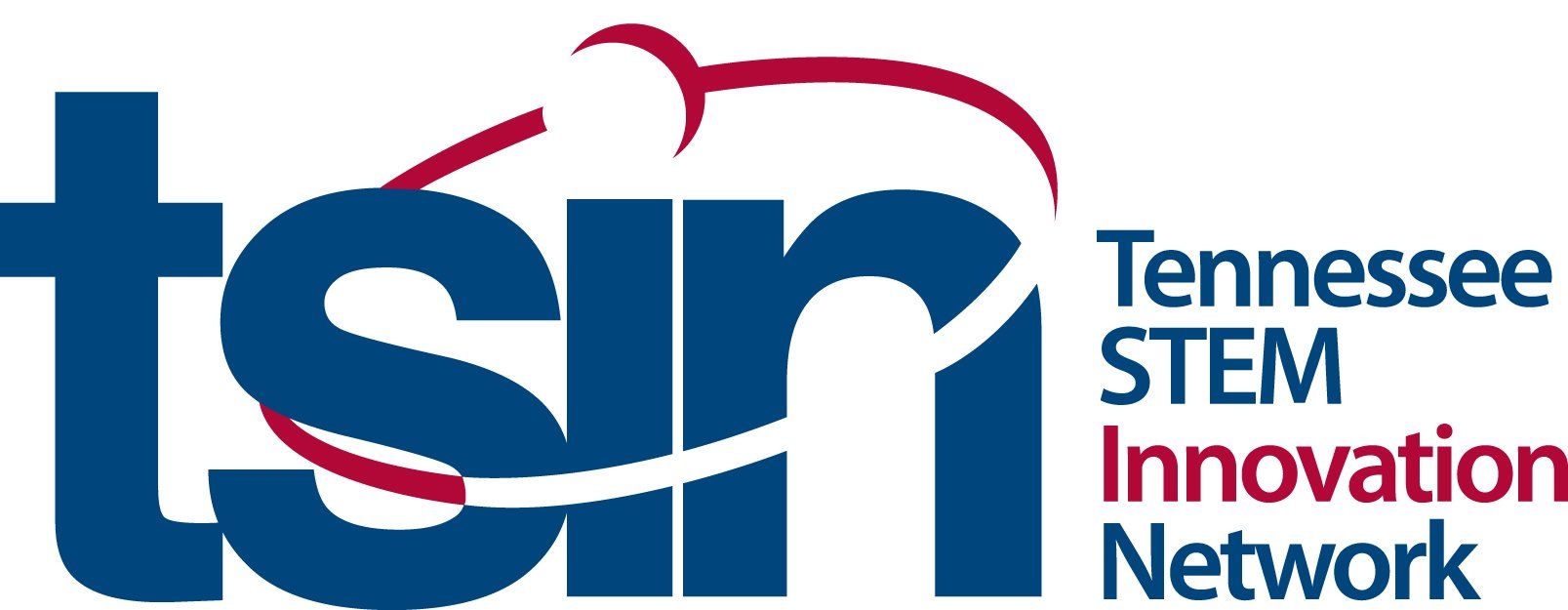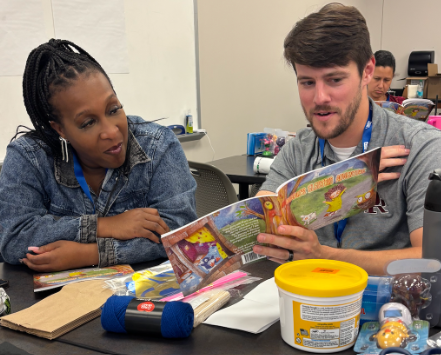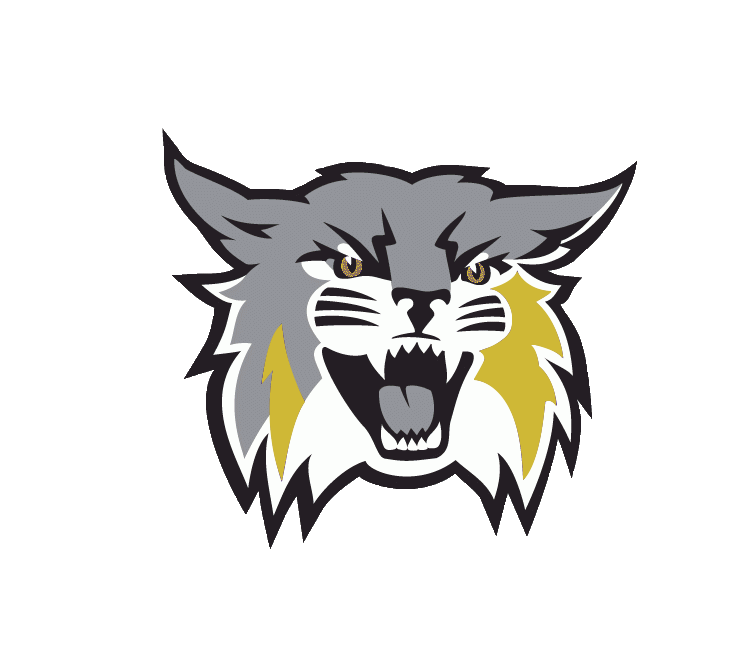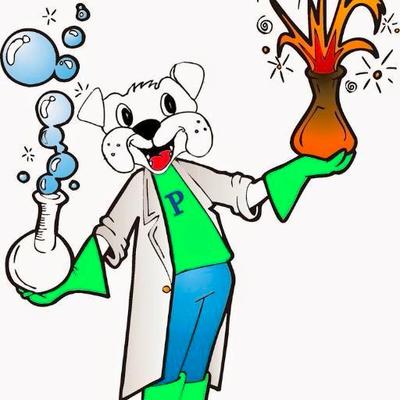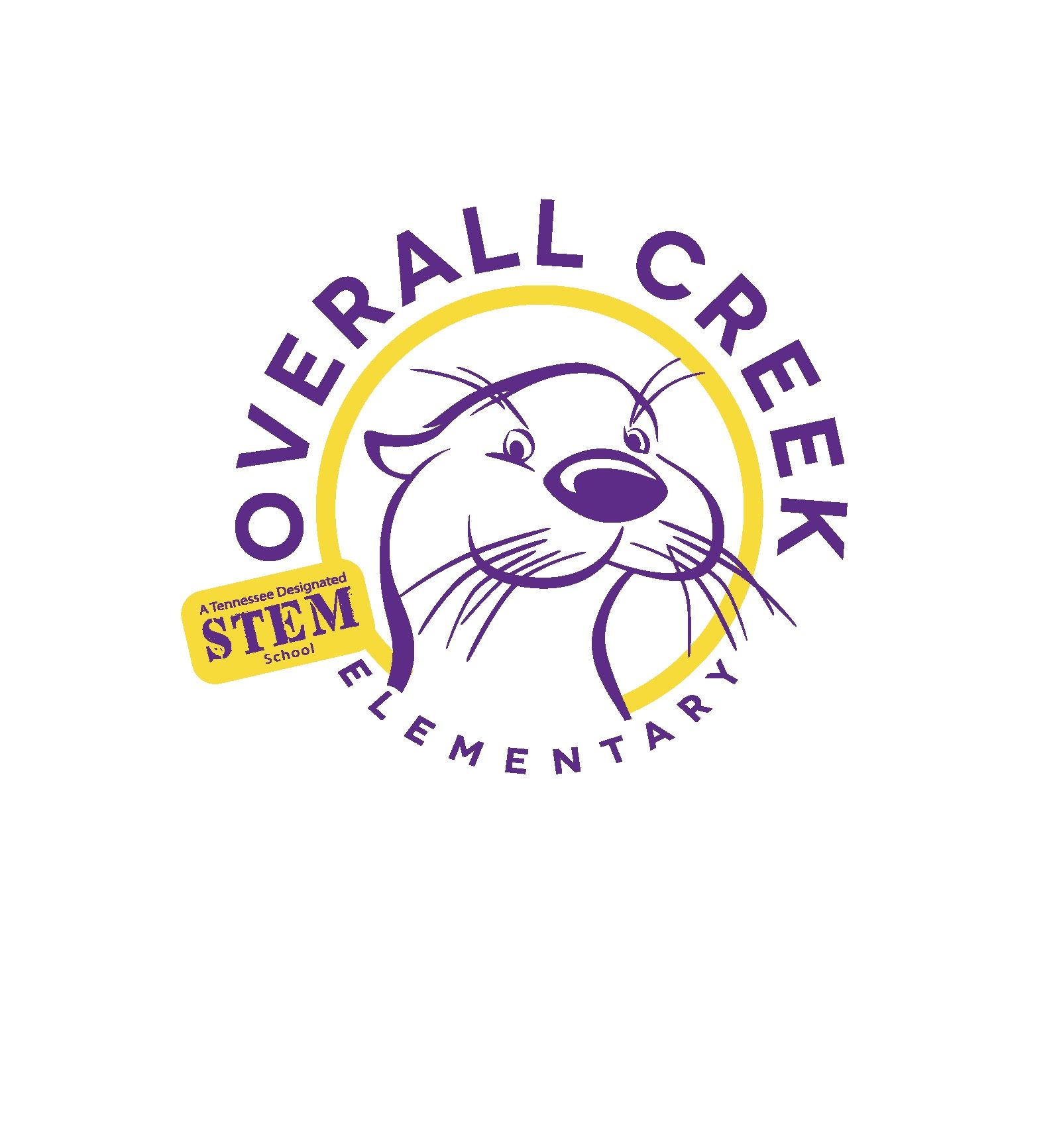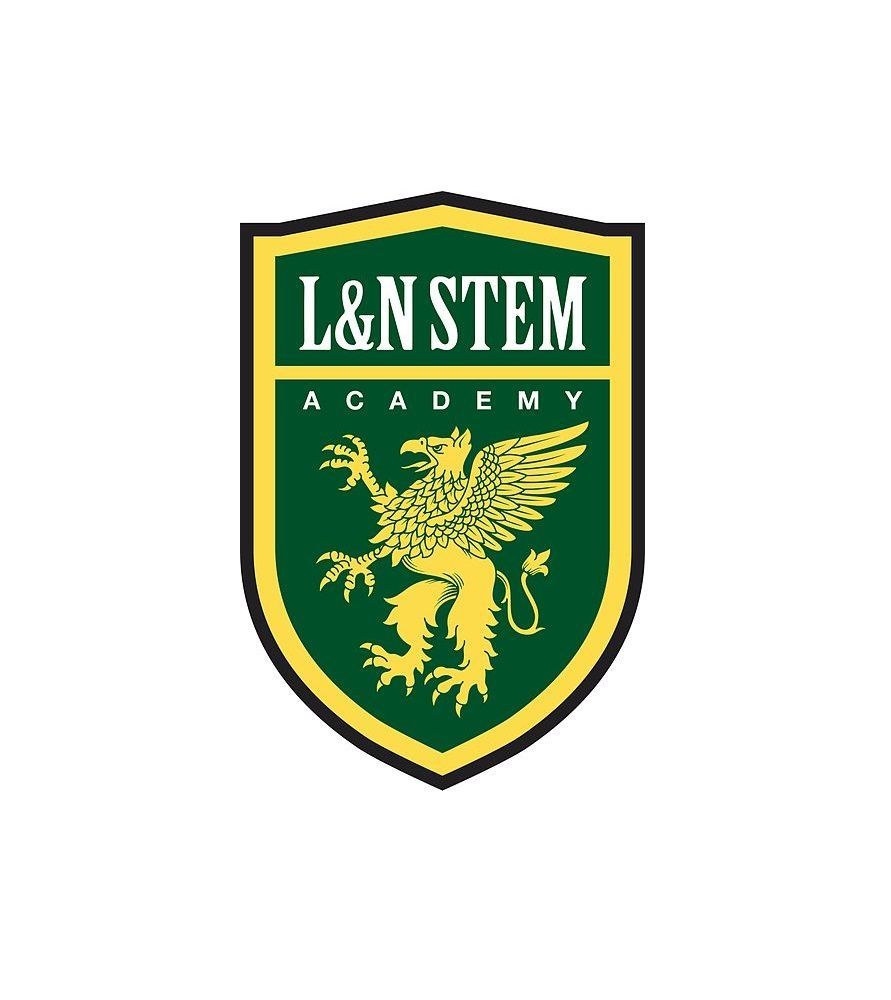TN Educators Produce Thousands of Protective Face Shields to Help Local Medical Workers
As U.S. health-care workers struggle to treat the growing number of COVID-19 patients, they’re also facing a lack of personal protective equipment (PPE) on the job. Aware of medical workers’ critical need for facial protection against the coronavirus, a team of educators in southeastern Tennessee sprang into action to help. The group, bolstered by local experts and 3D-printing technology, is quickly producing thousands of plastic face shields to distribute to local health care workers and first responders in the Chattanooga area. Two participants in this broad-based effort – Jill Levine of Tennessee’s Hamilton County Schools and Michael Stone of the Public Education Foundation – agreed to share how they are accomplishing it. The Public Education Foundation is a regional hub of the Tennessee STEM Innovation Network.
Q: When did you get the idea to create face shields in a 3D lab?
A: On March 19, former U.S. Secretary of Education Arne Duncan retweeted a story about a group of makers in Europe who were 3D printing prototypes for N95 respirators (close-fitting personal protective equipment “masks” to cover the mouth and nose). Jill, who served as a principal ambassador fellow under Secretary Duncan from 2013 to 2015, saw the tweet and immediately began thinking of how we could activate our local network of Volkswagen eLabs and Fab Labs.
Jill shared the tweet with Michael and a few teachers that evening and asked what we could do with all of our equipment to help address the growing personal protective equipment (PPE) shortage in our local medical community. By the next morning, the team had three prototypes printed and ready for testing.
Michael had developed a base model for a reusable N95 respirator, and Red Bank High School teacher Matthew Craig had produced a variation of a face shield circulated by 3D printer designer Josef Prusa. The team posted photos of the early prototypes to social media and quickly realized the need was critical as medical professionals reached out to assist and ask how they could help. We activated our network of teachers and quickly collected 3D printers early the next week as we got the prototypes to officials at local hospitals.
After gathering feedback on the original designs, we shared the N95 mask work with a group of engineers and material scientists from the community who continue to develop acceptable solutions.
This freed our team to focus on meeting the most immediate need of producing face shields. With approval from the local hospitals in place, we began procuring bulk materials and launched scaled production and assembly on March 26, one week after the initial idea.
Q: Tell us about your 3D lab where the face shields are produced.
A: Hamilton County Schools is home to the largest education-based Fab Lab network in the world. Built around the model from STEM School Chattanooga , the district has opened nearly 20 school-based labs since the Volkswagen eLabs initiative began in 2017.
As schools closed due to the impact of COVID-19, we realized that we had a large supply of 3D printers we could collect from these labs to create a 3D printer "farm" at STEM School Chattanooga where we could help produce PPE for health-care providers. In a span of three days, we collected more than 73 printers from at least two dozen schools, developed a prototype face shield, and got it approved for medical use by local authorities.
Now, we are running the farm at full capacity as we 3D print headbands, laser cut foam inserts, attach elastic banding and fit the front with plastic shielding. Jill and Michael oversee the operation and have been working to secure materials and the necessary funding to meet the demand, while a team of more than 20 HCS teachers including Kristin Burrus, David Vanzant, Jim David and Matthew Craig manage and work the farm.
Q: How much time is required to make one shield? How many do you hope to create?
A: It takes approximately three hours to print the headband for each face shield. With the farm running at full speed, we can produce 200 face shields per day, or 1,000 per week. We are planning to provide at least 2,000 to local hospitals and expect to produce another 1,000 to 1,500 that we are distributing to other medical personnel and first-responders in the community.
We have already distributed nearly 1,000 shields. The goal is to provide relief for the serious demand until traditional manufacturers can catch up in the midst of this unprecedented pandemic event.
Q: Is anyone else helping with this project, and how do you ensure that social distancing is maintained in the printer farm?
A: The team of teachers working directly on the farm fervently practices social distancing. STEM School Chattanooga is built in a warehouse that was re-purposed to house the school, so it provides the ideal setting to maintain proper distancing. Additionally, the team wears appropriate PPE while assembling, sterilizing and packaging the shields.
While teachers and district personnel are the only people allowed to work the farm due to safety restrictions, this effort represents a significant contribution from a large group in our community. Andrew Rogers, a local technologist with a background in manufacturing, has been instrumental in navigating supply chains and logistic services. Local non-profits such as the Public Education Foundationhave provided financial management services and expertise in design and delivery.
Additionally, a growing group of about 25 community members with expertise including rapid prototyping, material science, engineering and medical supplying have rallied around this effort to attempt to relieve the growing concerns around the shortage of N95 masks. We are actively working with members of the philanthropic community to raise funds for materials and supplies, and we launched a GoFundMe campaign to help offset costs as well.
Q: Are you charging for the face shields?
A: Rather than selling the shields, we are working to raise funds so that we can donate the masks to the front-line workers who need them most. To help with the funding, hospitals are pitching in as well as community organizations.
Q: Is this project something that other schools with 3D labs could attempt? If so, what advice would you give to them?
A: We have posted our process on several social channels and would be happy to connect with other groups interested in replicating our effort. The printer files were based on this design from Prusa Printers. We are happy to share the process with anyone who can help.
3D printing usually is not a viable solution for manufacturing because of the slow output of product, but when you can assemble a large farm of printers, you can mitigate the speed by printing in bulk.
Q: Is there anything else you would like to share about this project?
A: This project is an excellent example of how Hamilton County Schools, the Public Education Foundation, and our community have come together to use innovative strategies to address a critical issue.
